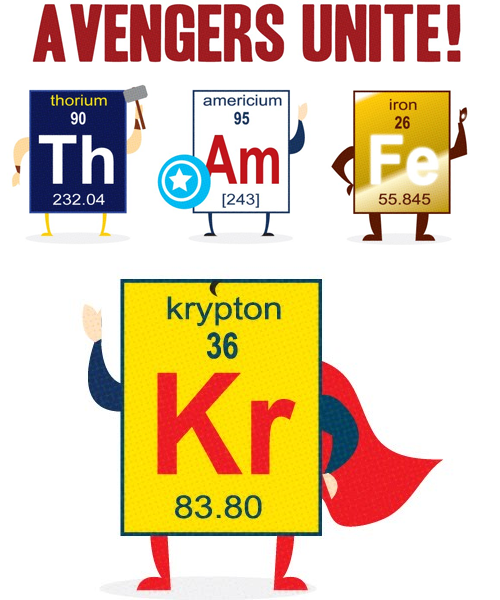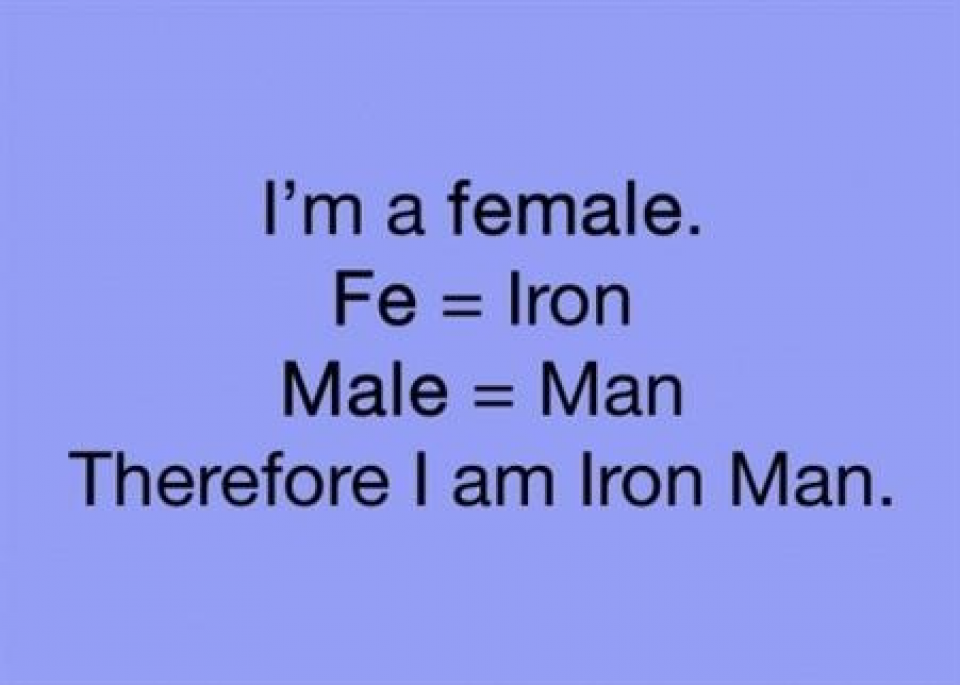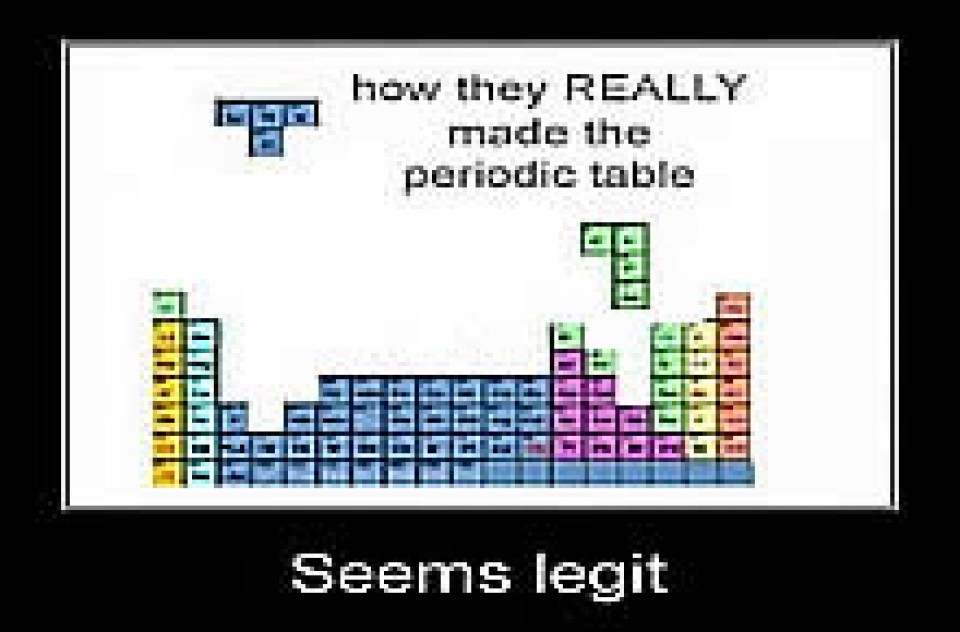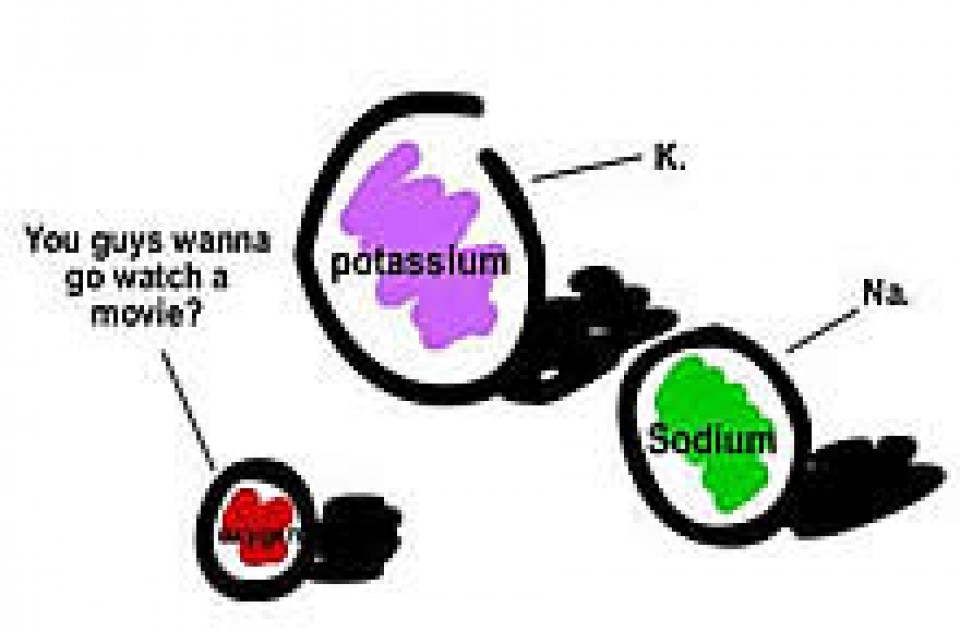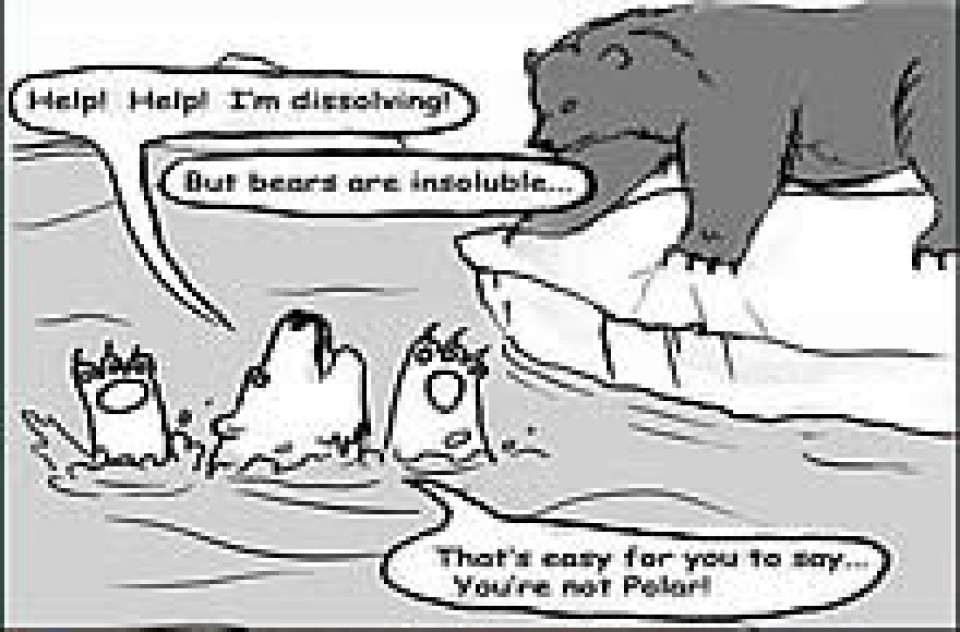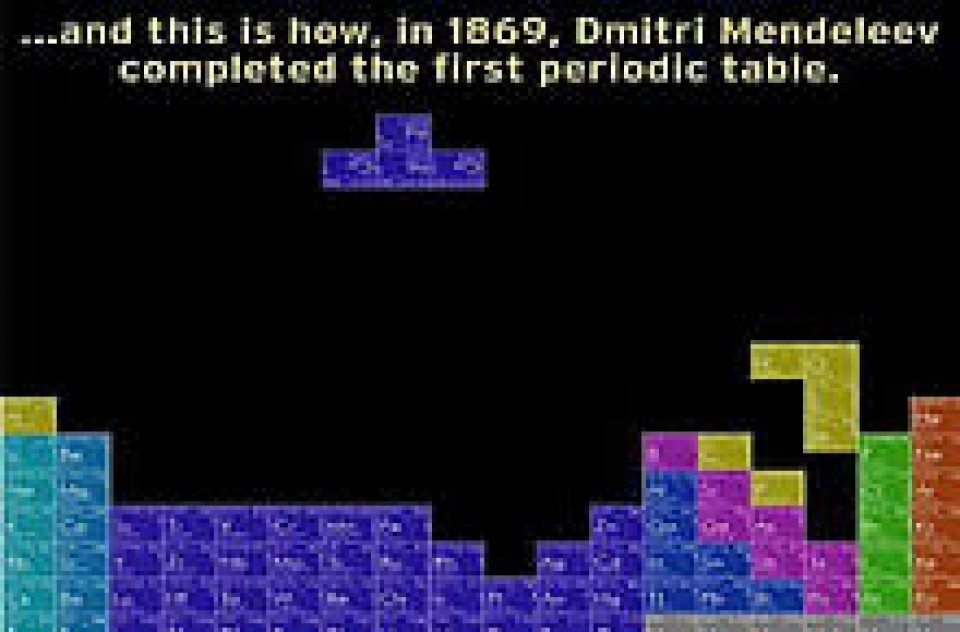
Dr. Kent McCorkle, or "Dr. Kent' to his student, has helped thousands of students be successful in chemistry.
Join the Mailing List!
[View the accompanying Practice Problems on Molar Mass Conversions here.] What is Molar Mass? Molar mass is literally the mass of one mole of a substance. We saw in a previous lesson on atomic mass that the periodic table provides us … Read More
[Download the PDF of Chemical Nomenclature Rules here.] What Are Polyatomic Ions? Unlike monoatomic ions, which are composed of a single atom, polyatomic ions are composed of many atoms. (The prefix poly- means “many,” as in polygon or polytheism.) There are some rules … Read More
[View the accompanying Heat & Specific Heat Capacity Practice Problems here.] Temperature vs. Heat Temperature – The average energy of individual particles in motion. For example, the temperature of a cup of coffee is the average energy of all of the … Read More
[View the accompanying Compound Unit Conversions Practice Problems here.] Compound Units Compound units are those composed of more than one unit. For example: miles/hour grams/mL kg∙m/s2 Each unit is converted independently using the standard unit analysis method. Example A motorcycle is … Read More
[View the accompanying Significant Digits & Calculations Practice Problems here.] Determining the Correct Number of Significant Digits After performing a calculation, we often obtain more digits than are warranted by the measurements that produced it. In order to determine the correct … Read More
[View the accompanying Lesson on Significant Digits & Measurements here.] Significant Digits & Rounding All numbers from a measurement are significant. However, we often generate nonsignificant digits when performing calculations. We get rid of nonsignificant digits by rounding off numbers. There are three … Read More
The Scientific Method The scientific method is a way of learning that emphasizes observation and experimentation to understand the world. This method came into common use during the 17th century. Prior to this time scientists still attempted to explain things, … Read More

